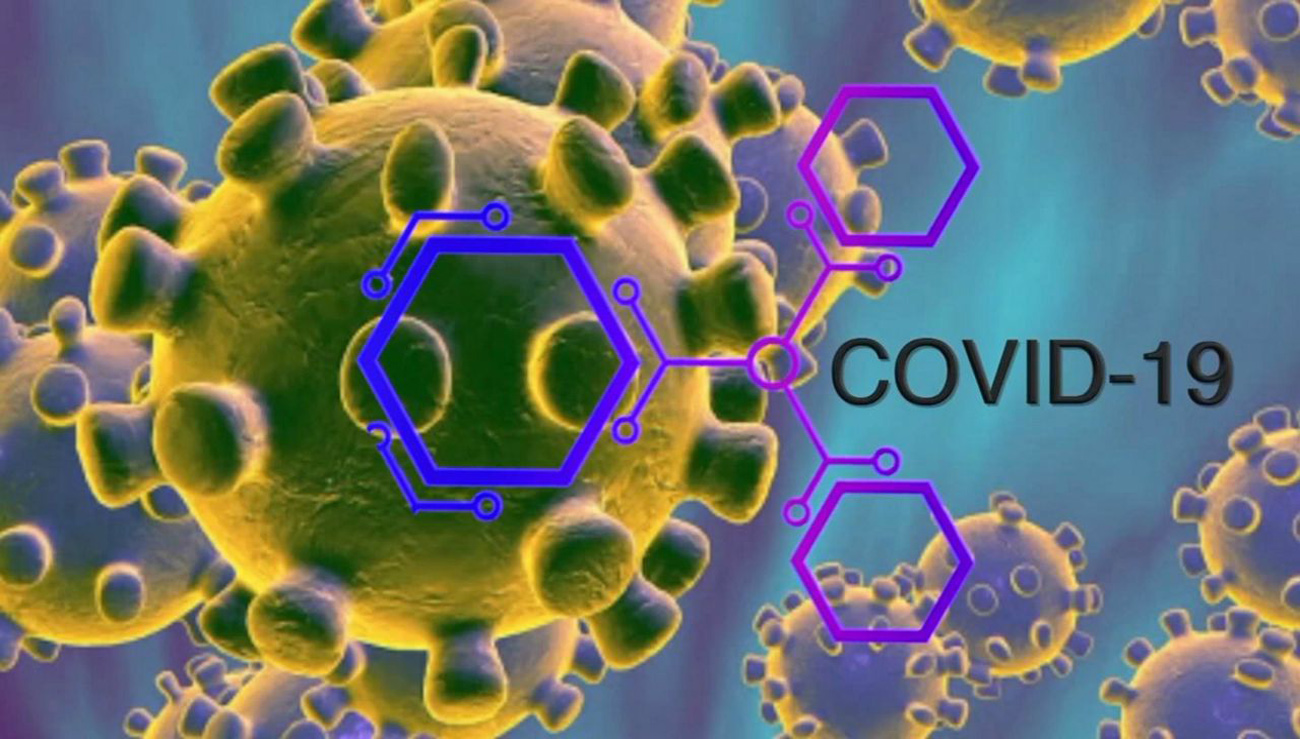
Study of Antibacterial Activity of Leaf Extracts of Dalbergia Sisso (Roxb.)
Abstract:
Antibacterial activity of ethanolic, distilled water and methanol extract of the leaves of Dalbergia Sisso (Roxb.) were studied against Escherichia coli and Bacillus licheniformis by agar well diffusion method. Results obtained showed that the growth of both E.coli and B.licheniformis were inhibited by all the three extracts of dried Leaf Extracts of Dalbergia Sisso (Roxb.). The antibacterial activity of these extracts against selected bacterial stains depends on the type of solvent used for extraction. The present study revealed that Leaf Extracts of Dalbergia Sisso (Roxb.) can be exploited for new potent antibacterial agents.
Author(s):
DOI:
Keywords:
References:
Abeloff: Abeloff’s Clinical Oncology. 4th ed. Philadelphia, PA: Elsevier Churchill Living stone, 2008.
Alam M. M., Yasmin M, Nessa J Ahsan C R. Antibacterial activity of chloroform and ethanol extracts of black cumin seeds (Nigella sativa) against multi-drug resistant human pathogens under laboratory conditions. Journal of Medicinal Plants Research, 2010; 4(18), 1901–1905.
Altschuler J A, Casella S A, Mackenzie T A, Curtis K M. The effects of cinnamon onAIC among adolescents with type 1 diabetes. Diabetes care. 2007; 30(4), 813–16.
Ansari M.A., Razdan R.K., Tandon M., Vasudeva P., Larvicidal and repellant actions of Dalbergia Sisoo Roxb. (Family: Laguminasae) oil against mosquitos. BioresourceTech. 73(3), 207–211.
Asra Ali, Dermatology: A Pictorial Review. New York: McGraw-Hill, MedicalPublication Division (2007) ISBN 0-07-142293-5.
Balandrin M.F., Knocke J.A. Wrutele E.S., Bolinger W.H., Natural Plant Chemicals; Sources of Industrial and Medicinal Materials, Science, 1985; 228, 1154–1160.
Baydar H, Sagdic O, Ozkan G, Karadogan T. Antibacterial activity and composition of essential oils from Organum, Thymbra and Satureja species with commercial importance in Turkey. Food Control. 2004, 15, 169–72.
Beldjoudi N., Mambu L., Labaid M., Grellier P., Ramanitrahasimbola D., Rasoanaivo P., Martin M.T., Frappier F., Flavanoids from Dalbergia louvelli and their antiplasmodial activity J. Nat. Prod. 6 (2003) 1447–1450.
Benavente-Garcia O, Castillo, Marin, F R, Ortuno A & del Rio, J A. Use and properties of citrus flavonoids, J. Agric. Food Chem. 1997, 45, 4505–4515.
Bojadzievski P. The health services in Bitola through the centuries. Bitola: Society of Science and Art, 1992, 15–27.
Bottcher H. Miracle drugs. Zagreb: Zora; 1965. 23–139.
Famsworth N.O., The role of medicinal plants in drug development. London: 1985;98.
http://www.m.webmd.com/a-to-z-guides/tc/e-coli-infection-topic-overview
Jain S.K., Medicinal Plants. National Book Trust, India 1999, 170.
Kelly K. History of medicine. New York: Facts on File; 2009, 20–50.
Leven M., Vannen-Berghe D.A., Mertens F., Medicinal Plants and its importance in antimicrobial activity. J. Plant Med. 1979; 36, 311–321.
Lukic P. Pharmacognosy. Beograd: SSO faculty of pharmacy; 1985, 8–22.
Majumdar A.M., Misar A.V., Upadhye A.S., Antidiarrhoeal activity of ethanol extract of the bark of Dalbergia lanceolaria J. Ethanopharmacol (2005) 102, 213–216.
Mukhtar, H.M., Ansari, S.N., Bhat Z.A., Naved T., Singh P., Pharmazie 2006, 61,725–727.
“Medicine”. Oxford Dictionaries Online. Oxford University Press. Retrieved 8 Nov. 2014.
Oloyede. Chemical profile and antimicrobial activity of Cymbopogoncitratus leave.Journal of Natural Products, 2009; 2, 98–103.
Parekh J., Jadeja D., Chanda S., Efficacy of aqueous and methanol extracts of somemedicinal plants for potential antibacterial activity, Turk J. Biol. 2005; 29, 03–210.
Peopo O, Blaiotta G, Moschetti G, Greco T, Villani F. Rope-producing strains ofBacillus spp. from wheat bread and strategy for their control by lactic acid bacteria.Appl Environ. Microbial. 2003 APR; 69(4), 2321–29
Prabu, G.R., Gnanamani, A., Sadulla, S.J., Appl. Microbial 2006, 101, 487–495.
Qjewale, J.A., methods, Find. Exp. Clin. Pharmacol. 2005, 27, 689–695.
Rich-Krc E.M., Tuner N.J., Towers G.H., Carrier herbal medicine: An evaluation of the antimicrobial and anticancer activity in some frequently used remedies.J.Ethanopharmacol. 1996; 52, 152–156.
Srivastava J., Lambart J., Vietmeyer N., Medicinal Plants: An expanding role in-development World bank Technical Paperno 1996, 320.
Stojanoski N. Development of health culture in Veles and its region from the past to the end of the 20th century. Veles: Society of Science and Art. 1999: 13–34.
Tpolak Galle K. Domestic medicinal plants. Mozaic book; 2005, 60–61.
Uniyal S.K., Singh K.N., Jamwal P., Lal B., Traditional use of medicinal plants among the tribal communities of Chhota Bhanga, Western Himalayan J. Ethnobiol.Ethnomed. 2006: 2, 1–14.
Ucendu C.N., Leek, B.F., Uterine Muscle Contractant from the root of Dalbergia sisoo. Fitoteropia (1999) 70, 50–53.




